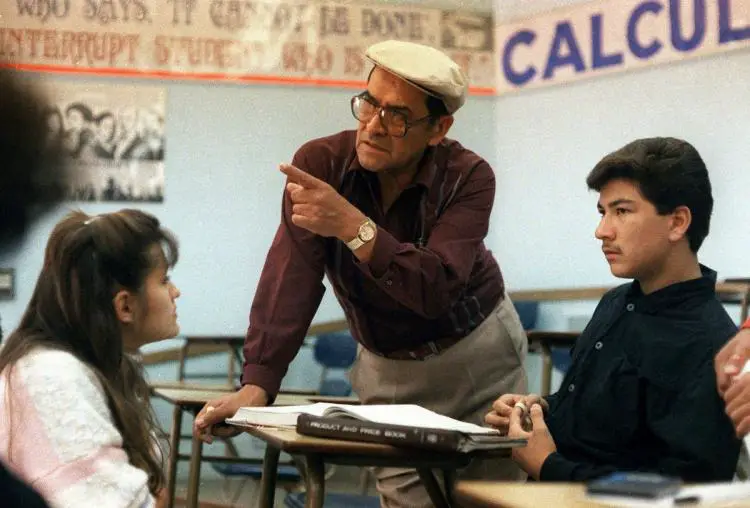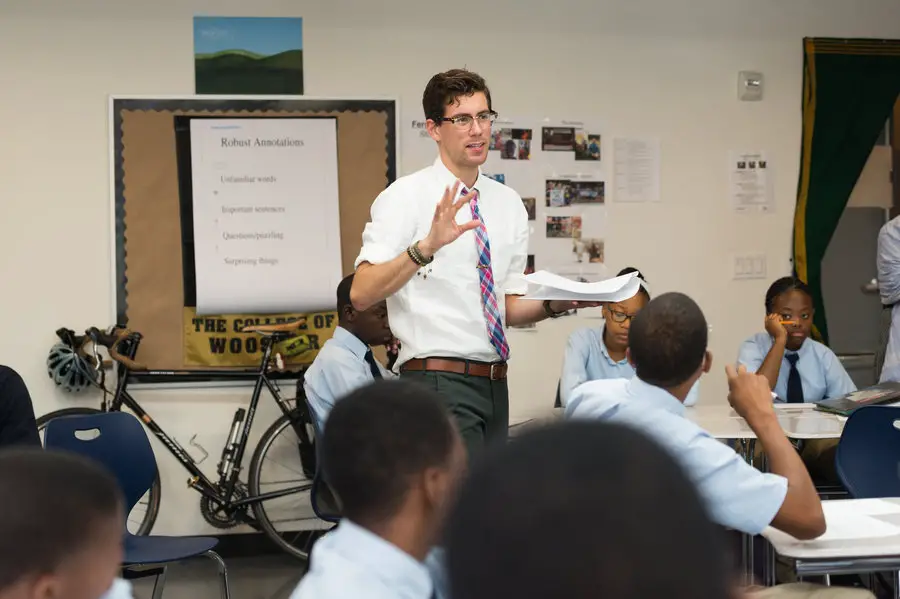Too many students these days are graduating high school without a real, clear path to success in college. Nearly half of college students graduate high school without having ever taken any sort of college readiness course of study; instead, they are being told to complete a certain amount of hours from a handful of random classes that will not benefit them in any way. In 2015, high school graduation rates reached upward of 82 percent in the United States. Still, while more and more students are graduating, only a small fraction of them are ready for college.
The Education Trust conducted a study of outcomes for recent high school graduates, and found that while 82 percent were graduating, only around 8 percent were actually ready to take on college-level courses.

These 8 percent are usually students who managed to follow a college-ready curriculum in high school, while their peers on the other hand—40 percent of them to be exact—have never taken a single college readiness course. Schools are under so much pressure to raise their graduation rates that they are leaving students with little to no preparation.
“Many students are taking a hodgepodge of random classes that ill prepares them for a life after graduation,” the report found.
Aside from a few basic classes, there is no set curriculum that high school students follow. They are free to choose whatever classes they want, even if they are below college-readiness levels. Many students attempt to take easy classes to maintain their GPAs, and why shouldn’t they? Counselors and teachers aren’t pushing students to challenge themselves, as many administrators care more about graduating them than educating them.
If students feel that they’re challenged in a classroom environment, they are more likely to perform better in college and finish out their degree. Studies show a high correlation between the number of challenging courses a student takes in high school and their GPAs in college.
Students in Asian and European countries that take the International Baccalaureate diploma in high school excel in college and are among the top achievers. The IB diploma exists in the United States, but it is far less prevalent than everywhere else in the world.
High schools nowadays don’t prepare you for college; they prepare you for getting into college, or at least, they try to. Students are told that high school prepares them for the type of studying they will have to do in college, but in reality, most high school classes don’t even come close.
Most of the four years are spent either taking pointless classes or preparing for a myriad of government-mandated tests.
High schools just want you to jump over from their pool into the next, regardless of whether you know how to swim.
For instance, consider the way English is taught in high school. No one cares about the ellipsis in page ten of “Romeo and Juliet,” but you’re still going to be tested on it nonetheless. How does that help anyone?
The students who didn’t care before still don’t, and the students who did enjoy learning grammar, well now they’re not into it either. When it comes to writing, why can’t they focus on real struggles that students face, such as how to write cover letters or avoid the passive voice, skills I clearly didn’t learn in high school.
At my own college, professors complain each semester of how freshmen can’t even take adequate notes, and who can blame them? In high school, most students take so few challenging classes that they never need to write pages worth of notes. Due to this flaw in the high school curriculum, many students fall behind before they even start their higher education journey.
College professors rave about the importance of critical thinking in every aspect of learning. Unfortunately, students are just expected to know what that is, but for many, it’s the first time they’ve heard the phrase. Teachers in high school rarely talk about “critical thinking,” and when they do, they never go into great detail about it.
In high school, students are expected to follow the lessons blindly and just comprehend enough to ace standardized tests. Then, in college, professors, counselors and even parents expect you to think for yourself and adapt to this new style of education.
High school should be a place for expanding students’ minds and capabilities, and preparing them for college and the real world is an integral part of that. Students should be challenged, which means exposing them to the level of rigor that college will demand. The world can be a scary place, so students need to be equipped with the skills to face it head on.


















[…] days, 7 plus hours each day, and for 12 long years in school. And what do we have to show for this? The Education Trust conducted a study of outcomes for recent high school graduates, and found that w…*. In addition, “Only 38 percent of students felt their classes help them understand what is […]
[…] Ijaz […]
[…] college prep is what high school teachers should focus on. High School teachers are rewarded for and chided for not prepping kids for […]